Let’s be real: coffee isn’t just a drink— it’s part of our daily ritual. It wakes us up, helps us focus, and gives us that much-needed boost to start the day. Whether you're enjoying a quiet morning at home or rushing out the door to meet a deadline, that first sip is essential.
But with all the buzz around organic coffee, you might be wondering: Is it actually healthier, or is it just a marketing gimmick?
The short answer? Organic coffee has real benefits. It’s grown without synthetic pesticides and chemicals, meaning fewer unwanted substances in your cup. It’s packed with higher levels of antioxidants - natural compounds that help protect your body from harmful free radicals. And beyond personal health, organic coffee farming is better for the planet, supporting healthy soil and biodiversity.
So, is switching to organic coffee worth it? Let’s take a closer look at why organic coffee isn’t just hype - it’s a smarter, healthier choice for both you and the environment.
What Is Organic Coffee?

Before diving into the health benefits, let’s break down what “organic coffee” really means.
Organic coffee is grown without the use of synthetic pesticides, herbicides, or chemical fertilizers. Organic coffee farmers follow strict guidelines that aim to protect the environment, promote healthy soil, and encourage the surrounding ecosystem to thrive.
One standout farming method used in organic coffee production is shade-grown farming. This technique means coffee plants grow under a natural canopy of trees, creating a balanced habitat for local wildlife, preventing soil erosion, and maintaining water quality.
When you see certifications like USDA Organic, you know that the coffee has met rigorous organic standards, ensuring a cleaner, more natural cup.
By choosing organic coffee, you’re not just selecting better coffee - you’re supporting sustainable farming practices that help protect the planet.
The Nutritional Profile of Organic Coffee
Like conventional coffee, organic coffee offers a rich nutritional profile. It is loaded with antioxidants, vitamins, and minerals, which are essential for your overall well-being. But the key difference?
Organic coffee is free from synthetic chemicals that can compromise both health and flavor. Here’s what’s inside your cup:
Antioxidants
Organic coffee generally contains higher levels of antioxidants like polyphenols and chlorogenic acid—essential for reducing inflammation and improving your health. These compounds play a significant role in reducing inflammation and oxidative stress, both of which are linked to chronic diseases.
Caffeine:
Just like regular coffee, organic coffee delivers a natural boost of energy, enhancing focus and mental clarity.
Essential Minerals:
Coffee naturally contains small amounts of vitamins such as B2 (riboflavin), B3 (niacin), and minerals like potassium and magnesium to support energy production and overall well-being. Organic coffee also has a slightly higher nutrient density, as the farming methods used promote healthier soil.
A Cleaner, More Natural Cup

One of the biggest concerns with conventionally grown coffee is pesticide exposure. According to the Environmental Working Group (EWG), coffee is one of the most chemically treated crops in the world, and traces of these pesticides often remain on the beans, making their way into your morning brew.
By switching to organic coffee, you can significantly reduce your exposure to these harmful chemicals, ensuring a cleaner and healthier cup with every sip as they are grown naturally without the use of pesticides and other harmful chemicals.
Organic Coffee and Antioxidants

Antioxidants play a crucial role in shielding our bodies from harmful free radicals - unstable molecules that can contribute to chronic conditions like diabetes, heart disease, and cancer.
Coffee is a good source of antioxidants. While both conventional and organic coffee contain these beneficial compounds, research suggests that organic coffee may have higher antioxidant levels. This is likely because organic coffee is grown in healthier, chemical-free soil, allowing the beans to preserve more of their natural nutrients.
A study published in the Journal of Agricultural and Food Chemistry found that organic coffee contains higher concentrations of polyphenols and chlorogenic acid—two powerful antioxidants known for their anti-inflammatory and health-boosting properties. By choosing organic coffee, you may be giving your body extra support in reducing inflammation and oxidative stress, ultimately promoting better overall health.
Organic Coffee: Your Mental Health and Hormones
Most people drink coffee for the mental boost, but did you know that conventional coffee might have unintended effects on your brain?
Lower Pesticide Exposure = Better Mental Clarity
Research has linked prolonged exposure to pesticides like organophosphates to issues like anxiety, depression, and cognitive decline.
In fact, studies show that even low-level exposure to these chemicals can lead to long-term damage to the nervous system, affecting memory, processing speed, and overall brain function.
By drinking organic coffee, you limit your exposure to these chemicals, helping protect brain functions in the long run.
One study even found that children living near organic farms had lower pesticide exposure and better cognitive outcomes than those near conventional farms.
Supports Healthy Stress Response
Exposure to pesticide residues from conventionally grown coffee has been linked to hormonal imbalances, potentially affecting cortisol levels and increasing the risk of health issues such as Parkinson's disease.
Choosing organic coffee reduces these risks, as it is cultivated without synthetic pesticides, supporting hormonal health and overall well-being.
Environmental Impact: Why Organic Coffee is Better for the Planet
Coffee lovers aren’t just thinking about health - they also care about sustainability. Organic farming plays a major role in protecting the environment by:
- Promoting Soil Health – Organic farming methods keep soil nutrient-rich, reducing the need for synthetic fertilizers.
- Preserving Water Quality – Without harmful pesticides, organic farms help prevent chemical runoff into rivers and groundwater.
-
Encouraging Biodiversity – Shade-grown organic coffee farms create habitats for birds, insects, and other wildlife, maintaining a balanced ecosystem.
A study published in Agriculture, Ecosystems & Environment found that organic farms support greater biodiversity and healthier soil compared to conventional farms. When you choose organic coffee, you’re not just making a better choice for yourself—you’re supporting farming methods that protect the planet for future generations.
Organic Coffee vs. Conventional Coffee: Which One is Healthier?

While both types of coffee provide caffeine and flavor, organic coffee clearly stands out as the cleaner and healthier choice.
How to Choose Organic Coffee and Maximize Its Benefits

Now that you understand the health benefits of organic coffee, you may be wondering how to choose the best option. Here are some tips:
- Look for Certifications: Look for certifications like USDA Organic if you are buying from an American coffee company which ensures the coffee meets strict organic standards and is free from synthetic pesticides and chemicals.
- Go for Whole Beans: Buying whole beans allows you to grind your coffee fresh, which preserves the antioxidants and essential oils that contribute to the health benefits.
- Choose the Right Roast: Light and medium roasts preserve more of the antioxidants in coffee compared to dark roasts. However, dark roasts offer unique benefits. Studies suggest that dark roasting can enhance compounds that support digestion and reduce acidity, making them a great choice for those who prefer a bold, smooth cup.
- Sustainable Brands: Look for brands that emphasize sustainability and ethical sourcing. Many organic coffee brands are also Fair Trade certified, which ensures farmers receive fair wages and work in safe conditions. This certification helps support both the environment and the people who grow your coffee.
- Brewing Methods: For the best organic coffee experience, consider brewing methods like the French press or pour-over, which help preserve its natural flavors and health benefits.
Prefer the convenience of coffee capsules? Artizan Coffee offers organic, home-compostable capsules for Nespresso® Original and ESE machines. Our capsules feature an oxygen barrier and a nitro-flushing process to lock in freshness, ensuring every cup tastes as fresh as freshly ground coffee.
Final Thoughts: Is Organic Coffee Worth It?
Absolutely.
Organic coffee isn’t just a trend—it’s a smart choice with real benefits. By making the switch, you get:
- Higher antioxidant levels for better health
- A cleaner cup, free from synthetic chemicals
- A more sustainable option that supports eco-friendly farming
If you value quality, health, and sustainability, organic coffee is the way to go. It’s a simple switch that makes a big impact—not just on your well-being but also on the planet.
At Artizan Coffee, we’re proud to offer premium organic coffee in whole bean, ground, and compostable ESE and Nespresso® Original pods—better for you and better for the environment.


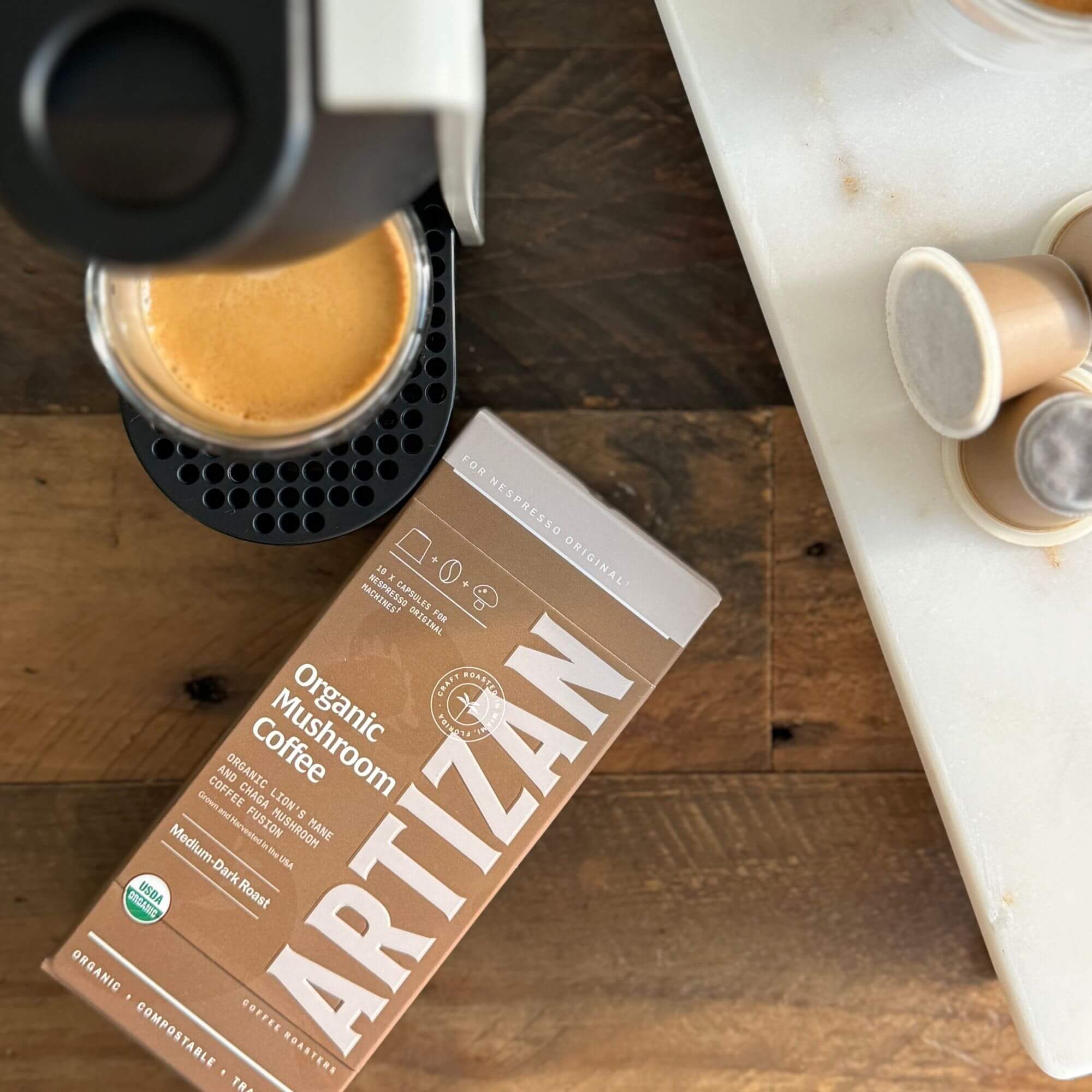

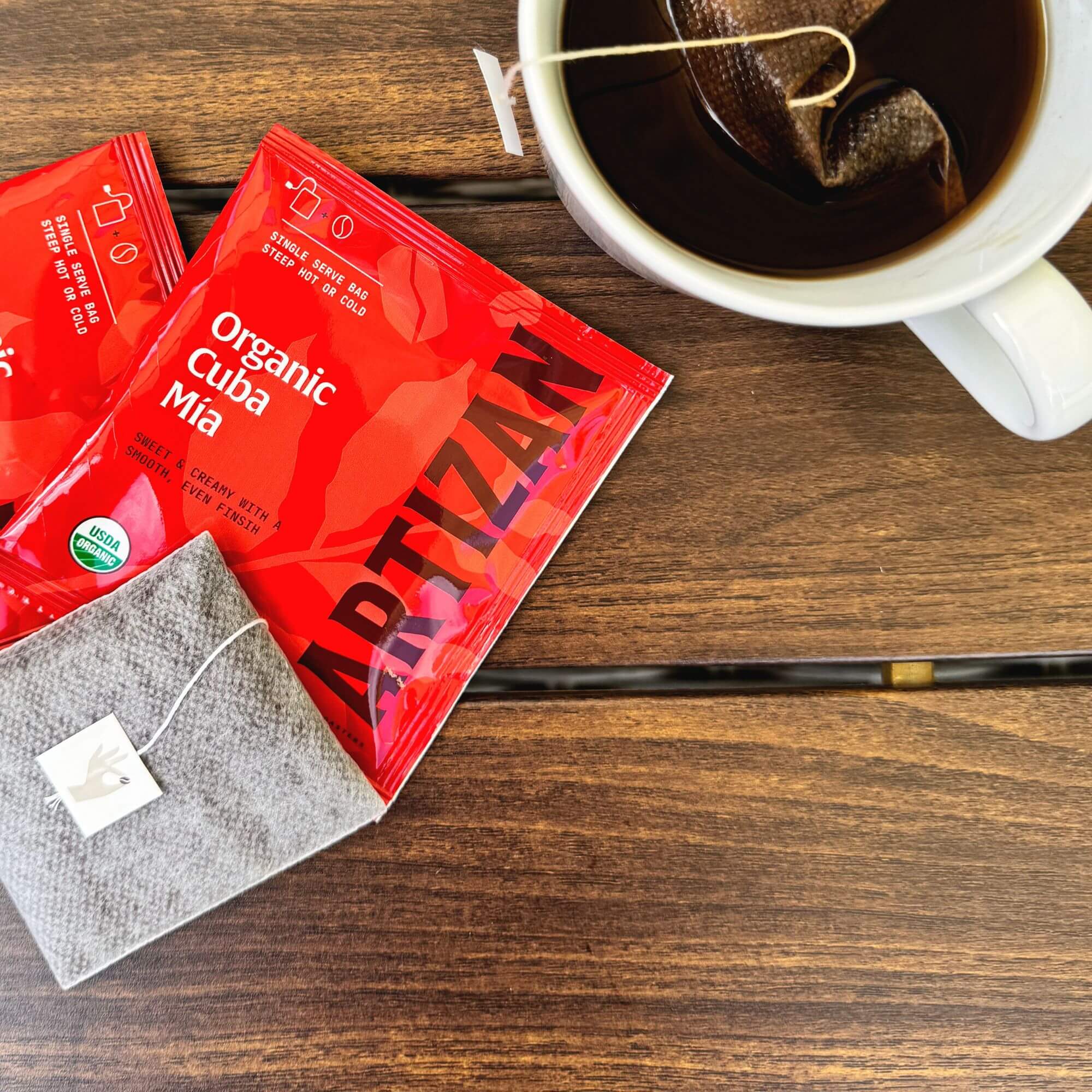



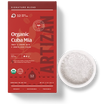

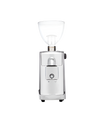





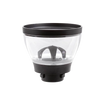






Leave a comment
All comments are moderated before being published.
This site is protected by hCaptcha and the hCaptcha Privacy Policy and Terms of Service apply.